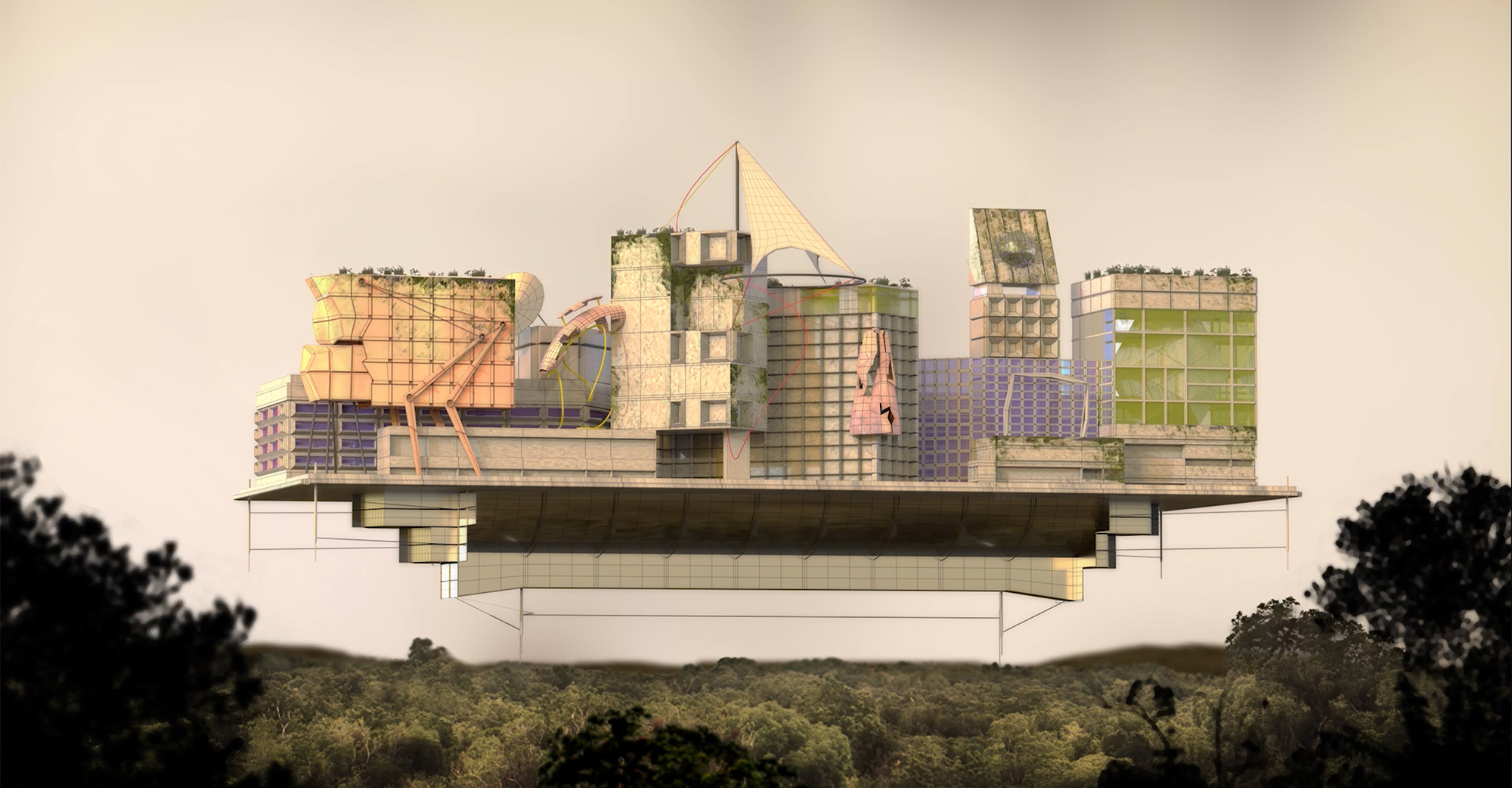


In 2021, Tender Absence celebrates Glokalität – with a focus on innovative formats that explore digital connections and experiences while also examining the local context, beyond one's current physical location, and its global relationships.



The concept of "Glocality" is at the center of attention here: it involves approaches that incorporate local aspects or communities while also operating within a global context. Tender Absence connects these local peculiarities and enables networking through the platform.
Tender Absence 2021 experiments with different curation and participation formats. It opens up a versatile space for experiments, breaking boundaries with innovative game arrangements, performances, or discussion series, allowing for different perspectives and intimate moments in the virtual space.
Tender Absence presents three artistic program series (lone|some, be here|be yond, show|real) from June to December 2021 for the virtual and public space. In addition, there will be regular discussion series (tender talks).
The artistic formats:
lone|some (Videocall/VR): short, novel performances in digital space by Ira Brand, Josh Coates, Rayén Mitrovich & Francisco González, which focus on personal encounters between individual visitors and performers.
be here|be yond (walk/augmented reality): Three local juries from different regions of the world will each select a team to develop short playful concepts for 1-3 people outdoors. Including: Eman Hussein, Fast Familiar and David Paredes & Emerson Caicedo.
show|real (online performance): show | real explores digital or hybrid event formats that focus on glocality. With: Kritik Alan, Siegfried Saerberg, Tanya Sahin & Danusch Merrikh-Yazdi and Gabi Linde & Katherine Leung
#tender|talks (series of talks): Globally, we invite people to talk about a topic related to the artistic series in 20-minute conversations in their specific, local context. Georg Klüver-Pfandtner talks with guests Mena El Shazly and Ana more to follow.


Block parties are our safe space for all girls, trans*, inter*, non-binary, agender people, and women who love hip hop. Look forward to rap acts, dance battles, DJs, Q&As, and hip hop culture! We will also introduce you to the SISTER*QUEENS project and everything you can expect over the next two years. Delicious food will be provided. And everything is free!
This is the party where you support, celebrate, and inspire each other. A place full of inspiration, sisterhood, and strong artists from the Berlin hip hop scene.
Thursday, November 27, 2025
4:30 p.m. – 8:00 p.m.
SNIPES Studio44, Karl-Marx-Str. 97-99, 12043 Berlin

Do you have an idea for an art education project and would like to learn how to develop a concept and apply for funding? We offer a two-day training course at the Brücke-Museum on how to apply for funding, financial planning and legal forms. Participants have time to develop an educational concept. A selected concept will later be realized in the Brücke-Museum.
The workshop is primarily aimed at artists or artists with a history of migration. If there is still capacity, freelancers without a history of migration can also take part.
Date: September 15 and 29, 12am–5pm (two-day training course)
More information on the Brücke-Museum website.




peira.space uses cookies. If you click on 'OK' or continue to use the site, you agree to the use of cookies.